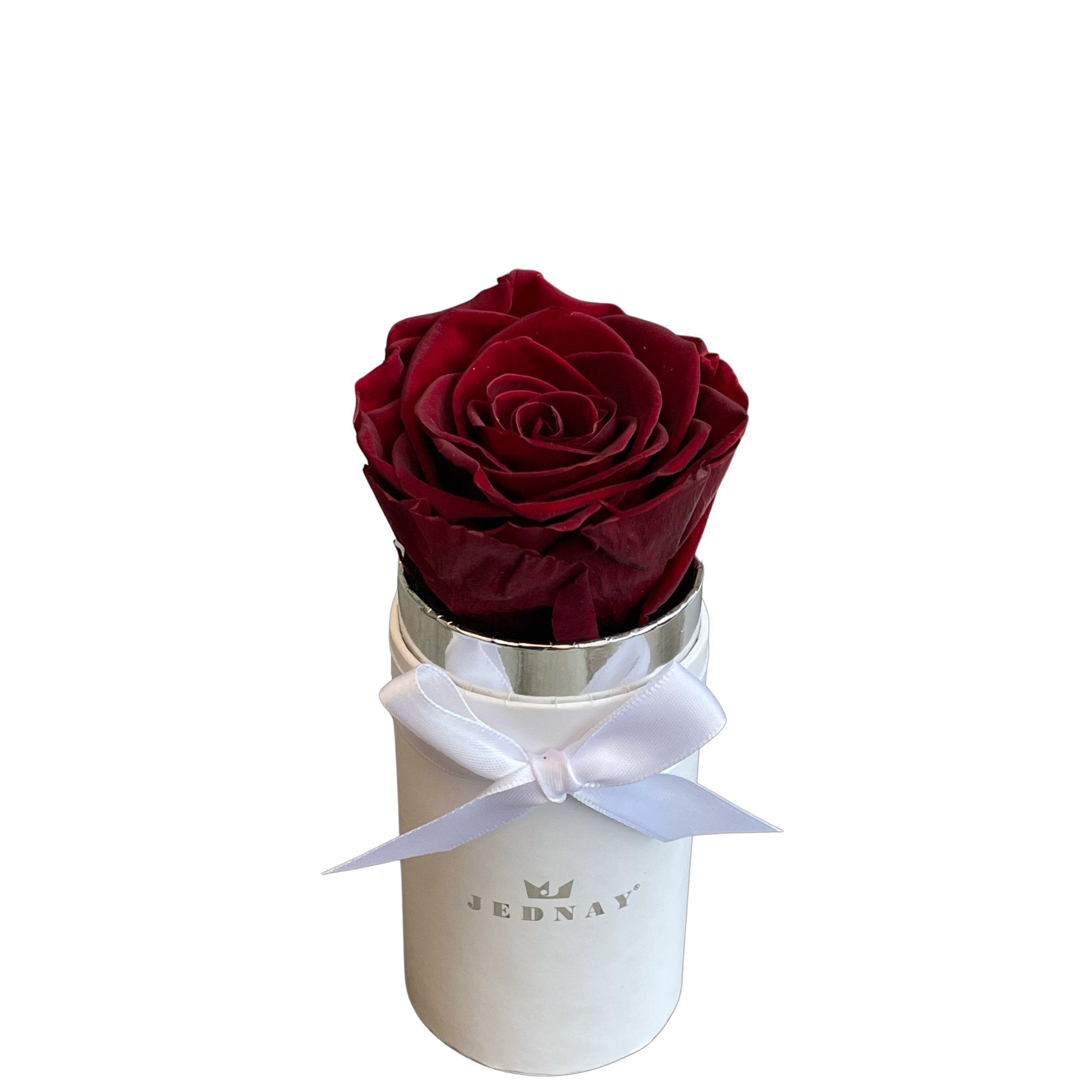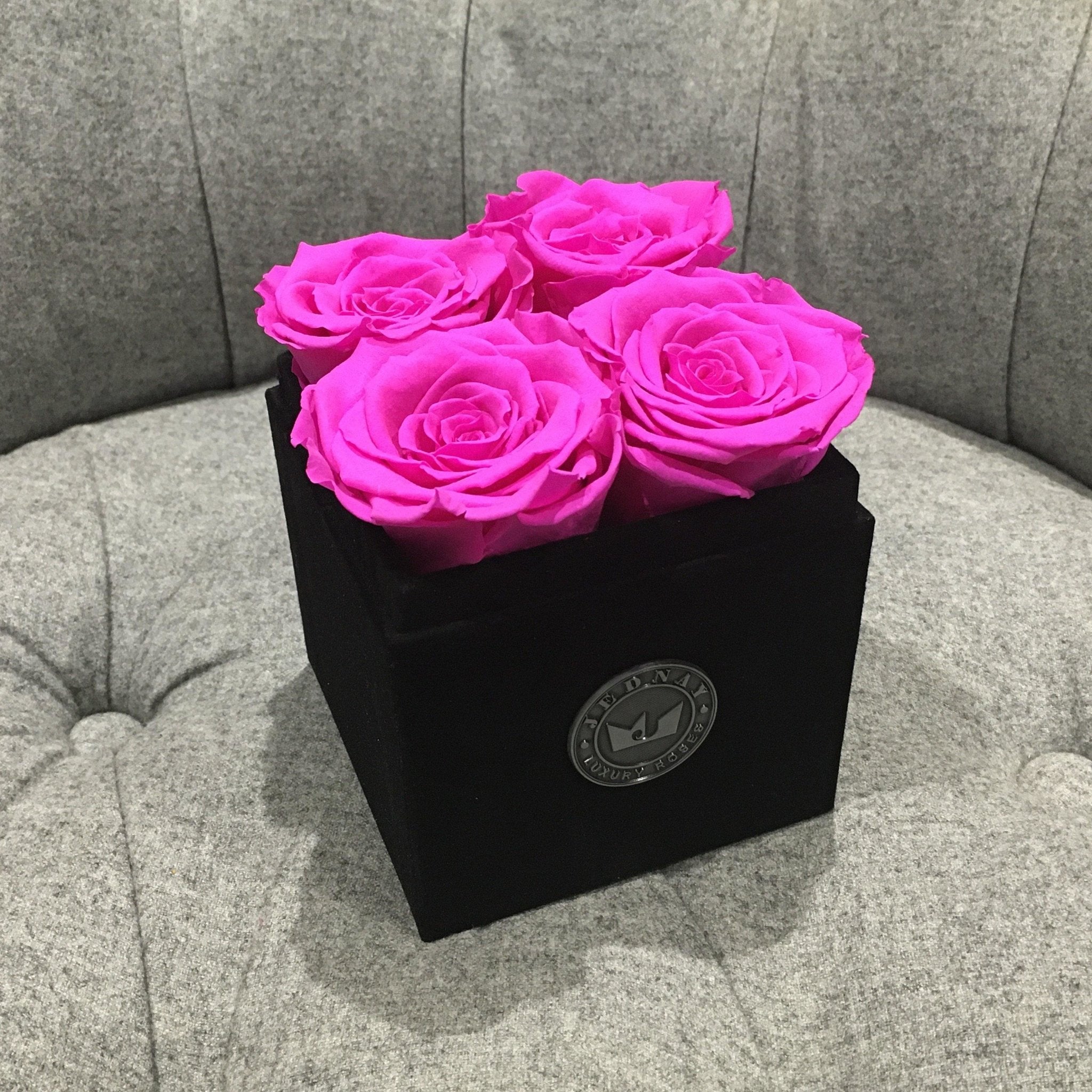
Who Coined The Phrase “English Rose”?
One of the most wonderful aspects of the rose as both a flower and as a symbol is that the slightest differences can create completely different meanings.
Infinity roses, for example, with their deep red pigment, symbolise an eternal, passionate love, whilst a rose carved into a room is a symbol of secrecy, trust and confidentiality.
However, one particularly interesting expression is the English rose, used to symbolise a person with a particular type of natural beauty.
There is a song by The Jam about it, the second most successful pop single ever released started with the line “Goodbye, England’s rose”, and it has been used to describe many particularly elegant famous personalities, such as Princess Catherine, Emma Watson and Julie Andrews.
Whilst women have been compared to roses since antiquity and the rose has been associated with England since the golden rose of King Edward I in 1272, the phrase English rose is far more recent than this, and is believed to have originated at the start of the 20th century.
Basil Hood’s 1902 comic opera Merrie England, is a story about the court of Queen Elizabeth I and the love and rivalries concerning herself, Sir Walter Raleigh, Bessie Throckmorton and many others, with allusions to much of England’s folklore and legends.
It is the opera from which the term “merry old England” comes from, and features a sequence in “Dan Cupid hath a garden” describing a garden where women are described as flowers, with the fairest queen being described as a “perfect English rose”
The description of the English rose in this song has largely stuck, with an English rose being idealised, naturally beautiful, precious and delicate in not only this opera but nearly all uses of the term since.
Most people described as English roses are far more than this, much like how the rose itself is strong, resilient and capable of defending itself.



